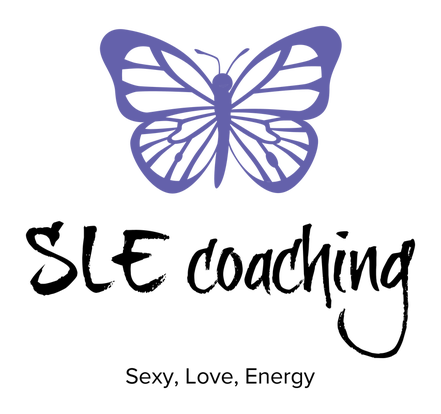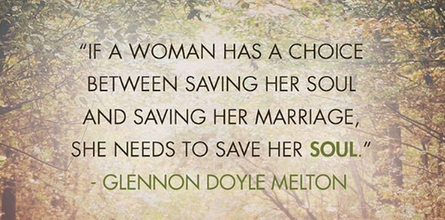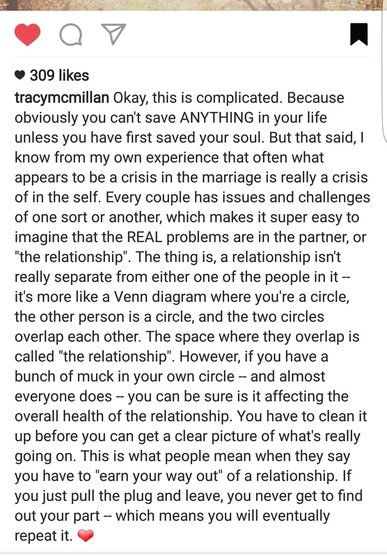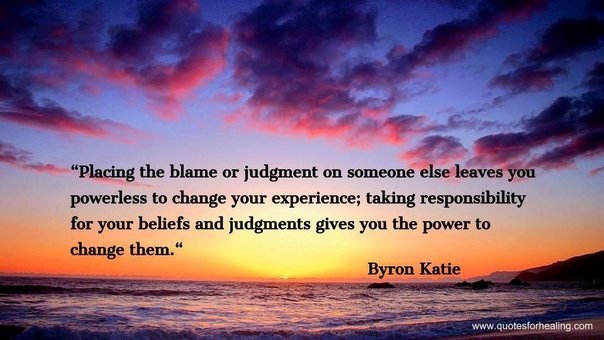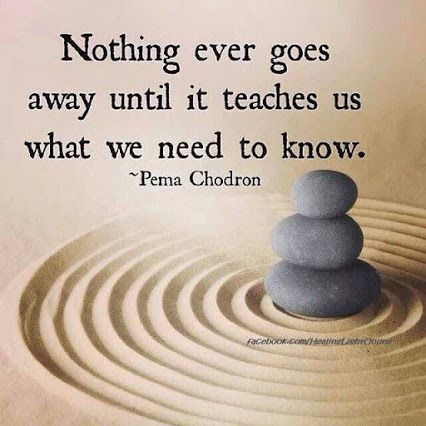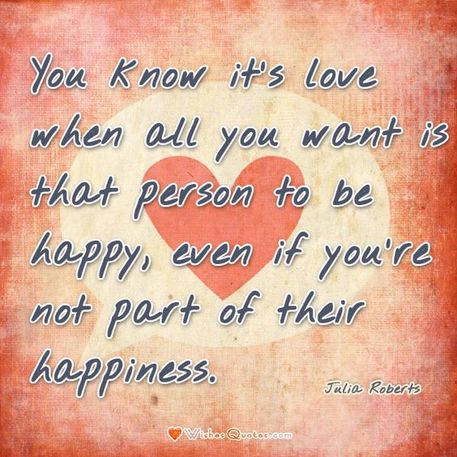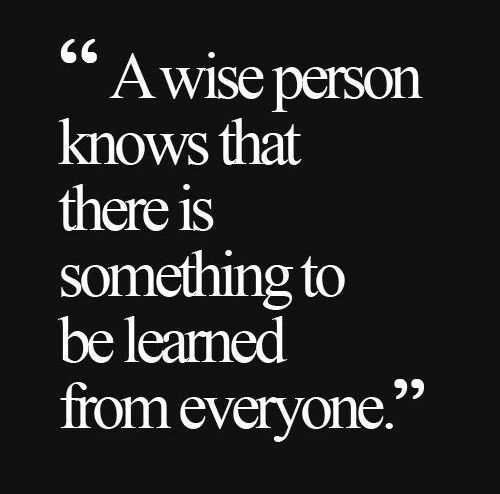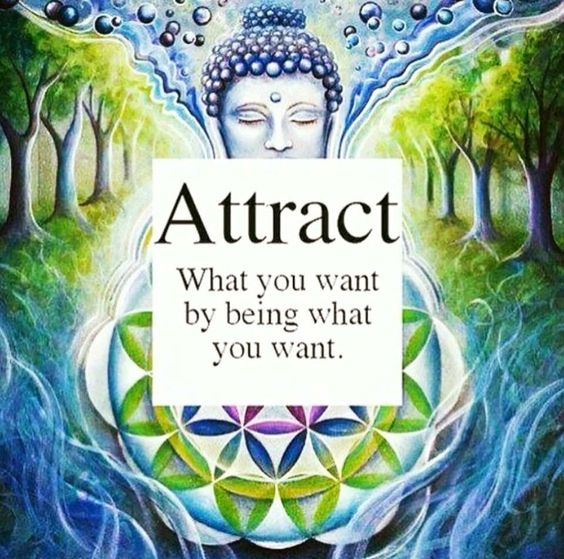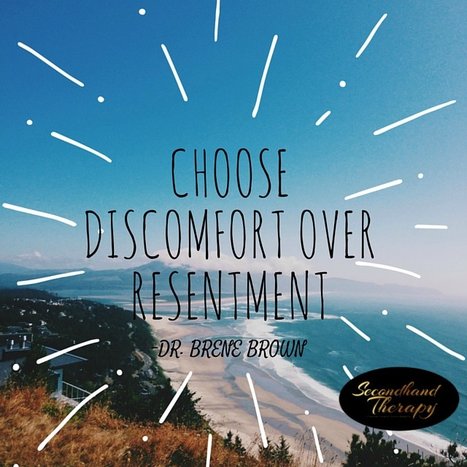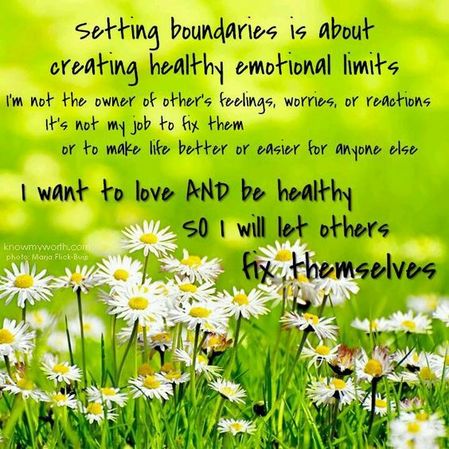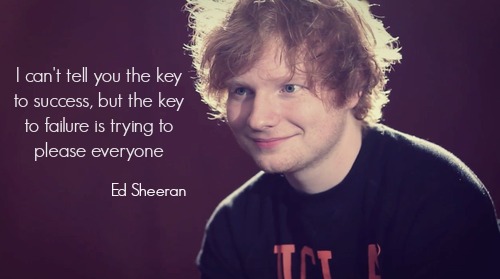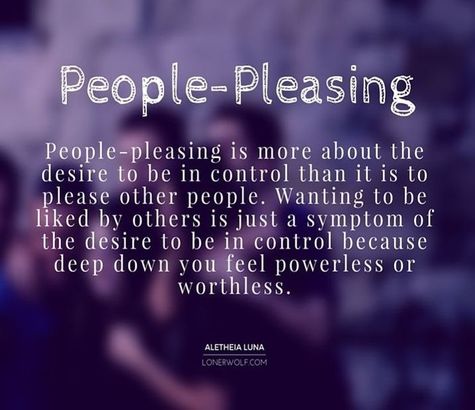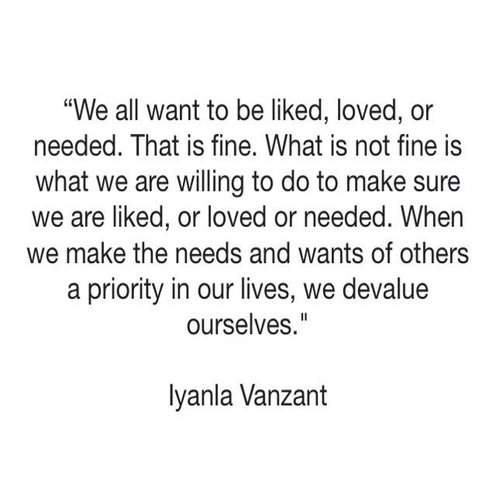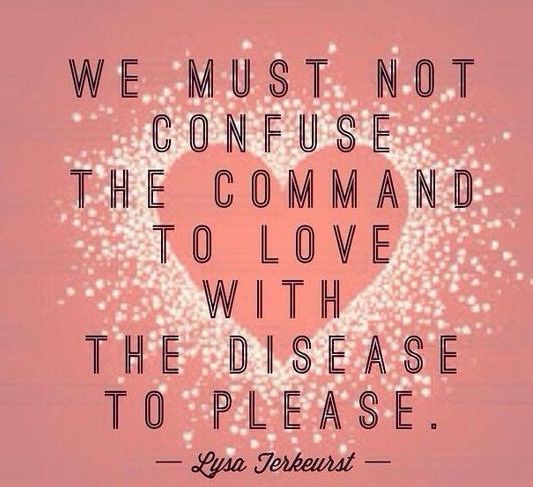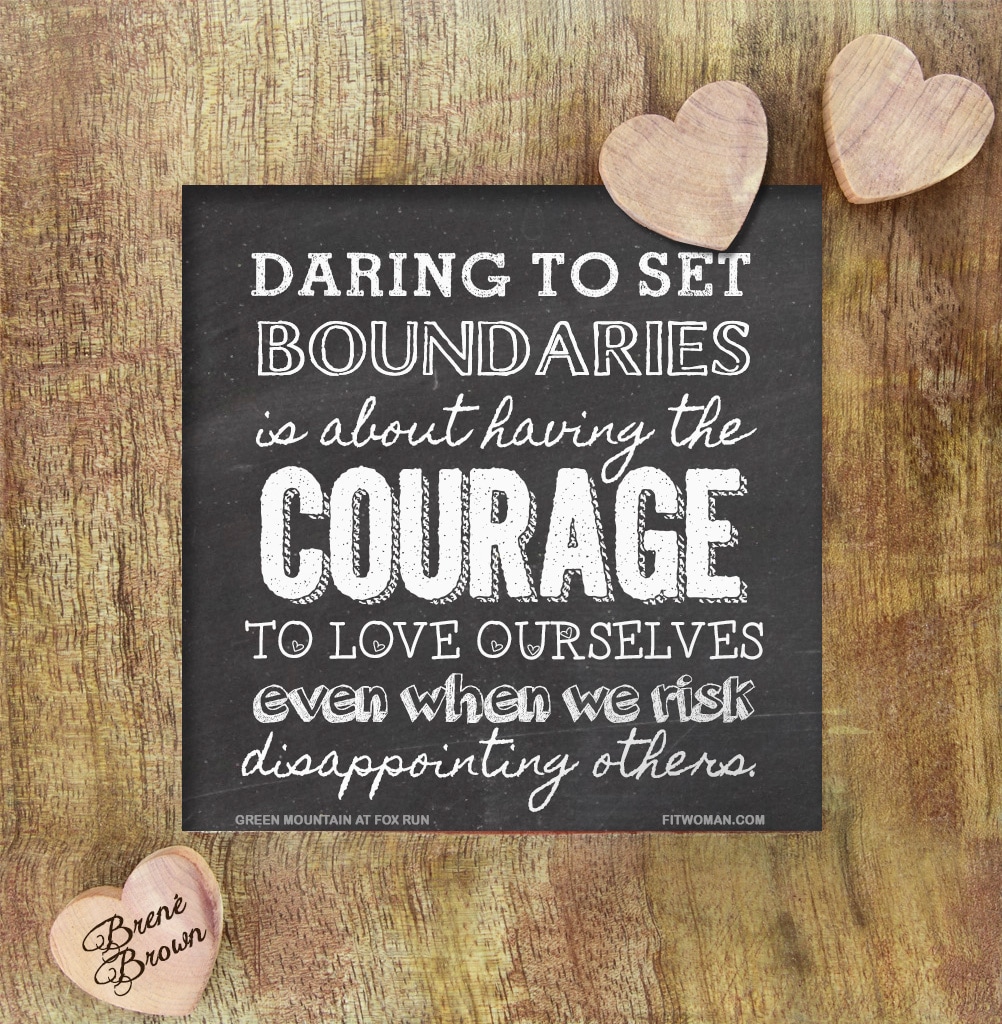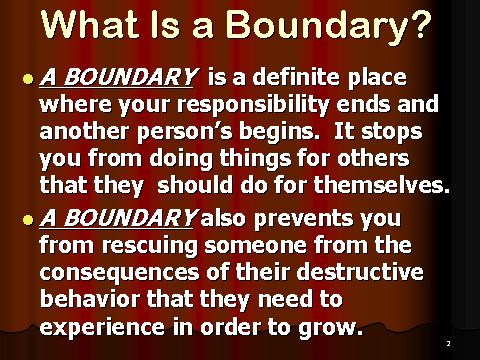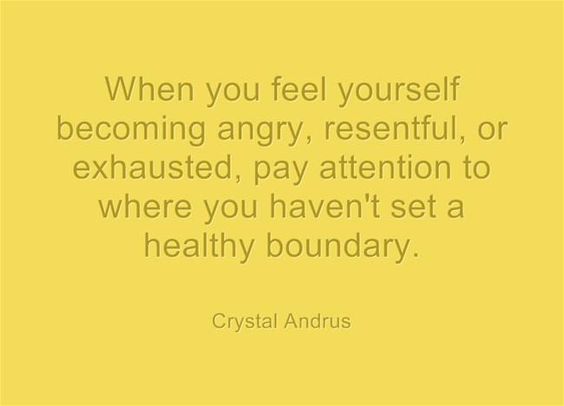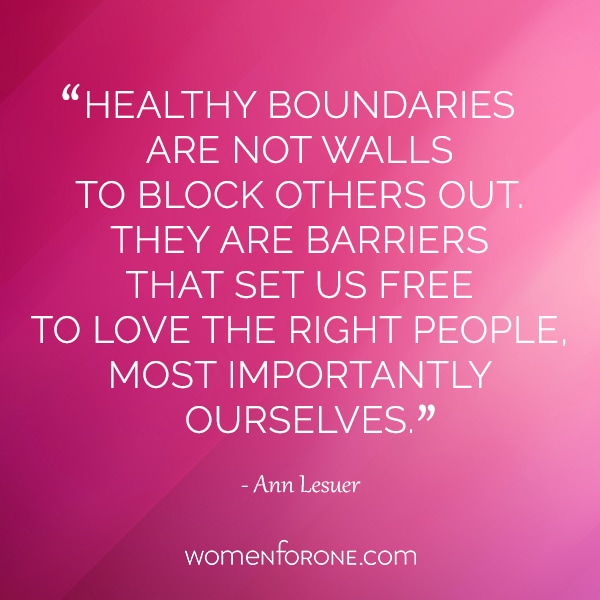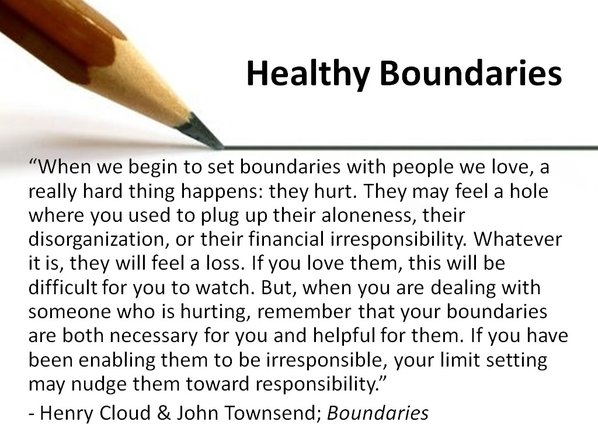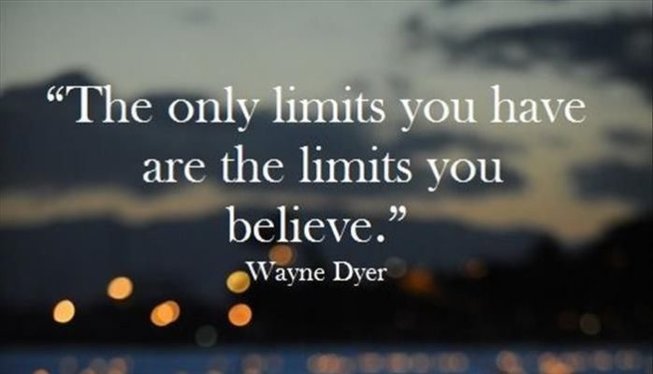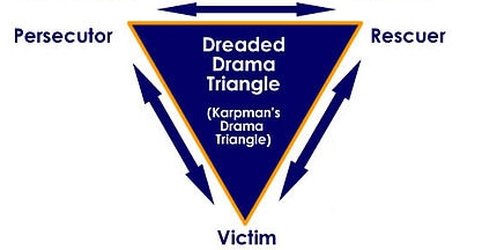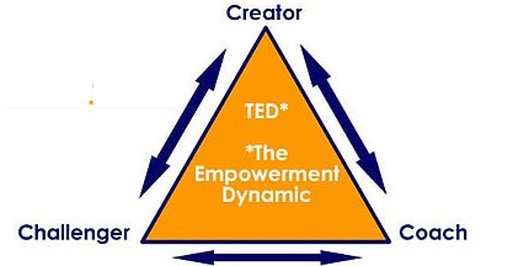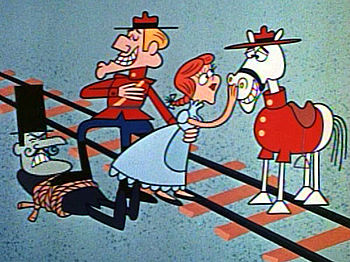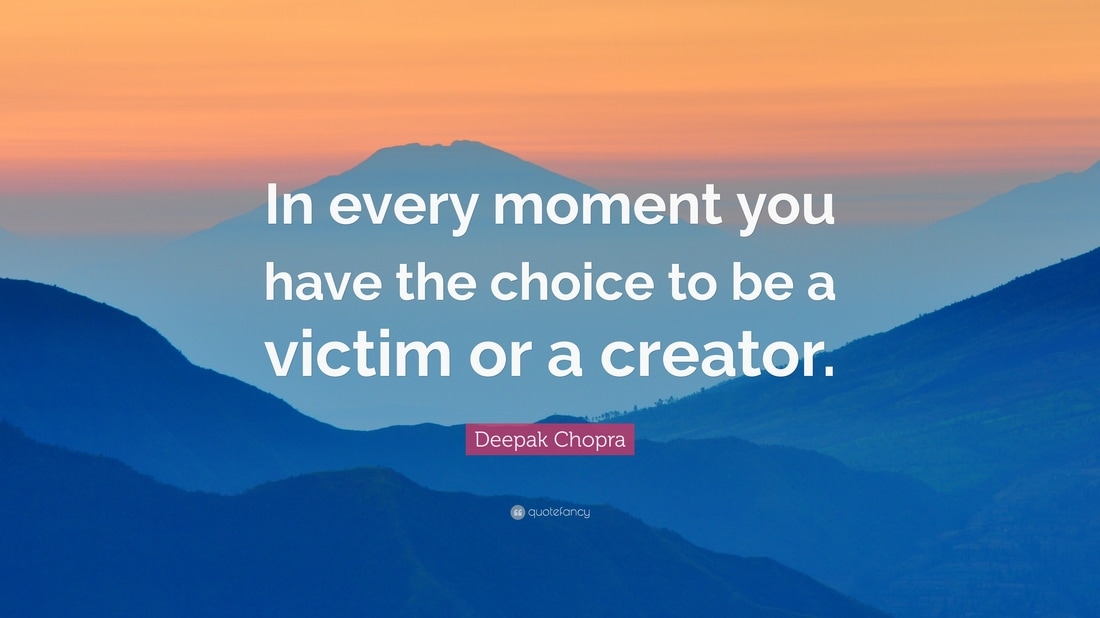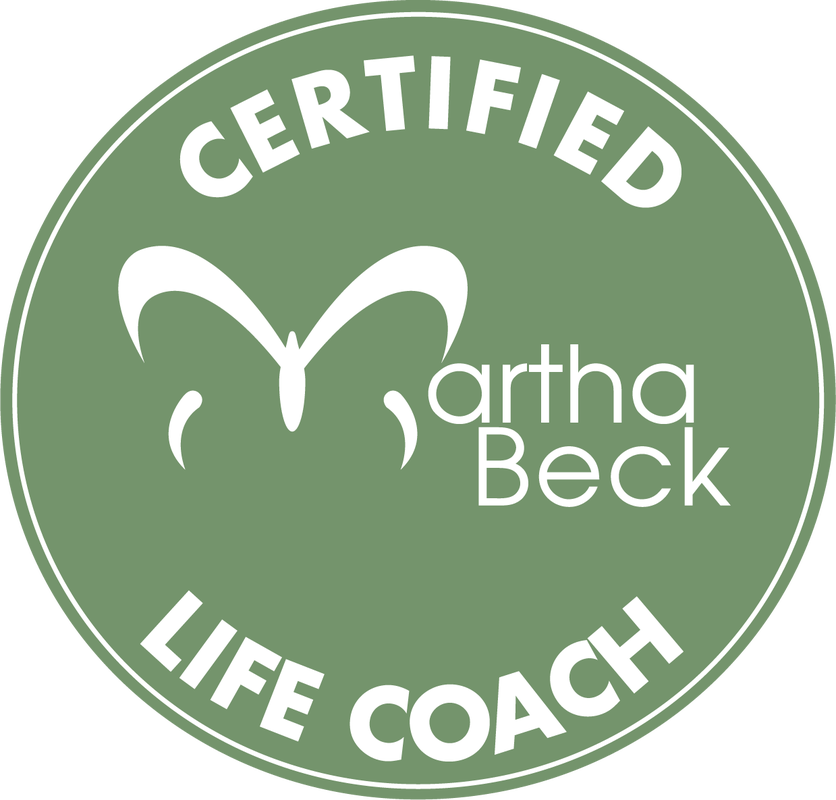|
Oh my. This post I saw on Instagram last week was like a mini earthquake in my psyche! Tracy McMillan is someone I find very interesting in her books and posts. She wrote an amazing book called “Why You’re Not Married…YET” that I recommend for anyone who is in or out of a relationship, no matter what your status. Even if you are married – this book is an awakening to how you show up in ANY relationship. Here is the post that Tracy attached to the above quote from Glennon… Let’s break this thing down a bit, first of all, the start – “obviously you can’t save ANYTHING in your life unless you have first saved your soul.” This is what I think the Glennon quote is talking about; Unless you have done the work to get your soul hooked up with the larger part of yourself, your Source, God, The Universe, get aligned, tapped in – you really can’t do much good anywhere. Agreed 1,000%. “What often appears to be a crisis in the marriage is really a crisis of the self.” Yup, it seems like the marriage, the relationship is the problem. The other person is the problem, if they just wouldn’t… if they just would…. We are soooooo quick to point the finger of blame on the other person. What they are or aren’t contributing to the relationship. This is a giant trap of victim-hood. It says “I’m powerless! The other person is the problem and I have no say in it!” What’s scary is you can spend your whooooole life in this mindset and never wake up to the realization that YOU are the creator of your own reality. “The relationship isn’t really separate from either of the people in it – it’s more like Venn diagram where you are a circle, the other person is a circle, and the two circles overlap each other. The space where the overlap is “The relationship”. When Don and my relationship got jolted into waking up due to my actions… I, my counselor, and most things I read reinforced that the thing that was needed was NOT to work on “The relationship”, but to work on ourselves. This can be a super hard concept for some people to be willing to understand because they are more committed to the problems being all about the other person in the relationship than to actually owning their part of the equation. I’ve written previously about how the person we are in relationship with is our MIRROR. They are reflecting back to us what we need to know about OURSELVES, not about them. This hanging onto blame and making the other person the “villain” or “persecutor” in the relationship is the stuff that causes us to imprison ourselves. The role of being the poor defenseless victim can get you lots of attention, so I get why it can be addictive to hang out there. But if you think for a minute that the other person is the entire problem in your relationship – you are unconscious and sleepwalking through your life as well as your relationships and unfortunatley, you will continue to loop back around to suffering. “However, if you have a bunch of muck in your OWN circle – and almost everyone does – you can be sure it is affecting the overall health of the relationship. You have to clean it up before you can get a clear picture of what is REALLY going on.” OH HALLALUIAH! This is so incredibly true, and it’s is said so well it makes my heart sing! We each have to clean up our side of the street if we ever want to have the chance at a fulfilling relationship with the next person in our lives or that same person we are blaming incessantly. As long as we focus on the wrongs of the other person – we are SCREWED. That self-righteous indignation feels good for a few minutes as we spout off to our friends about how we were “wronged”, but ultimately, you are causing your own suffering my friend. This makes me sad for those of us who do this. Now this last part of the post, I have to say, was where the earthquake really went to a 10.0 on the Richter scale for me… “This is what people mean when they say you have to “earn your way out” of a relationship. If you just pull the plug and leave, you never get to find out your part – which means you will eventually repeat it.” This Earn your way out thing was a new terminology for me. I found out it originated with Dr. Phil and I get it. My counselor Joy has encouraged me to stand in the storm and learn from the lesson that is right in front of me in my marriage. What I am coming to see is that Don is the perfect barometer for me to determine if I am actually making progress with my OWN lessons – if the things that usually trigger me in my relationship with him, still trigger me – I have more work to do. If I can learn new ways of being and thinking in that same condition – then I am growing!!! WOO HOO!!! We can use ANY person we are in relationship as our teacher to show us what we most need to learn about OURSELVES. The thing is, we have to be receptive to that. OPEN ourselves and stop blaming. This doesn’t mean you are meant to be with that person or that you will stay together, it just means they are perfectly placed in your life for you to learn what you most need to learn to fall more deeply in love with life, with yourself, but you gotta open to it. I believe you also must Earn you way IN to relationship. You don’t get to have a relationship just because you have longevity. Longevity is not a sign of relationship success. While I don’t believe there is such a thing as a “failed relationship” since all relationships are eternal, we all know people how have been together for long periods of time and their relationships are not what we would term “successful”. Earning your way IN also means owning and cleaning up your patterns and limiting beliefs. Early last year I read a book that really relates to this idea called “Conscious Uncoupling” by Kathrine Woodard Thomas. This term was coined by Thomas and gained fame when celebrities Gwyneth Paltrow and former mate Chris Martin announced that they were consciously uncoupling on Facebook. I am abot to participate in a two day web conference lead by Thomas and the agenda appears to really echoes this idea of “earning your way out of a relationship”. I'll let you know what I learn! Lots of people skip the steps of ending a relationship that will actually enable them to create the kind of relationship they long for. They get sort of stuck in the loop of blaming, criticizing, and making themselves out to be “right” and the other person “wrong” which is to be UNconscious and focused on things that are entirely not your own business. This conveniently takes their focus away from the one thing that they not only have control over, but will also change their lives for the better... work on THEMSELVES. As tempting as it may be to focus on what the other person did or did not do, ultimately your relationship health is about YOU. Keeping your primary attention on your role, your learnings, your growth, your patterns it certainly challenging – and it can truly transform your life if you let it. I'm a firm believer that you have to be a match to what it is you want in a relationship. As Gandhi said - "We must be the change we wish to see in the world." Ask yourself this question… “Where is my attention?” or “What am I focusing on?” If it’s the problem, what’s missing, or the other person just know that you are choosing victim-hood. If it’s the solution or your own growth – you are in the creator position and your chance for happiness is alive & well. Are you looking for the lessons you can learn about YOURSELF in the mirror of your partner? Or are you committed to your own suffering and think that if others just understood your suffering, then you’d feel justified? Justified or not, you’ll still be suffering. Not really a “win” would you say? There’s a quote attributed to others but I think comes from The Course In Miracles… “Do you what to be right or do you want to be happy?”. If you just unplug from a relationship and don’t use the opportunity to learn new skills and break the patterns that YOU have, you’ll stay stuck repeating the past. This not only dishonors what you experienced and shared with your mate, it dishonors love and shows that you are letting FEAR run the show. (Victim-hood rides again!) Here’s my plan… I’m going to continue to work on cleaning up the muck in my own circle. Anybody who also wants to clean up their own muck in their own circle – there may be a frequency match for you and I. Maybe we’ll be together in some capacity if we are a match in our frequencies and desire to own our side of the street emotionally. I’m not willing to live in my own “repeat loop” any longer and I certainly won’t tolerate things in others that I won’t tolerate in myself. You must know what got you to the place you are currently in, be aware of what you want to adjust in YOURSELF to move you in the direction you WANT to go, and OWN your part in it. Period. We all have sloppy habits of thinking that we need to clean up and get off auto-pilot. Limiting beliefs that we are not even aware that we have that hold us back. I'm big time committed to cleaning mine up, and I expect the same from those I am in a relationship with. We must BOTH be willing to clean up their own thinking and feeling and take responsibility for our emotional stuff as well as be open to new ways of thinking and feeling. I know for sure that people come into our lives for a reason and just maybe… that reason is to inspire us to clean up our own muck, our own circle as Tracy calls it. We are giving beautiful opportunities to learn about OURSELVES in EVERY relationship. Whether it's long-term, or momentary, easy or challenging, comes with a piece of paper or simply a deep understanding - every relationship offers us a gift, and invitation. It’s an invitation to learn what we can each do to be more fully ourselves, stand fully in our own light and show up as the liquid love we were all sent here to be. It’s not a demand – it’s an INVITATION. That means you have options to accept it or not. I’m IN baby! Sign me up! XOXOXOXOX Sandy
3 Comments
Boundaries. It’s a subject that seems to be helping me discover some very interesting things about how I show up in relationships (up to now), how I harshly judge myself, and also what I seem to fear most. A boundary is a sort of property line. It’s a definition of where something starts and ends. A boundary also denotes who owns what. This ownership part of the definition is where I have found my biggest lessons in why boundaries are essential in a relationship. It’s super important to be clear about who OWNS things like feelings, attitudes, behaviors, meanings because if there is any issue with one of those items, we need to know who the problems belongs to. In their book “Boundaries in Marriage”, Dr. Henry Cloud and Dr. John Townsend outline some great info and clarify how lack of boundaries leads to blame of the other party for the problems in the relationship. “When we are in relationships, one item we all want is love. Yet, love is not enough. For a relationship to grow and thrive it needs other ingredients. Those ingredients are freedom and responsibility.” “If we lack boundaries, we will tend to blame others, circumstances, conditions for the problems we focus on. When two people are free to disagree, they are free to love. When they are not free, they live in fear, and love dies. And when two people together take responsibility for their relationship, love can grow. When they do not. One takes on too much responsibility and resents it; the other does not take on enough and becomes self-centered and controlling. Freedom and responsibility problems in marriage will cause love to struggle.” Now for many, we might guess that a lack of boundaries shows up in NOT taking ENOUGH of the responsibility. What I have experienced is that I tend to take on TOO MUCH of the emotional responsibility in my relationships – thinking that the way the other person feels is MY responsibility to manage, soothe, “fix”, because I can pull them out of their funk or anger and “save” them. What a hero huh? Turns out, not so much. You see, when we try to manage another person’s stuff that is actually their own responsibility… we rob them of the experience that they need to actually grow, learn, and become empowered. I seem to sort of think that the other person is somehow not capable of handling their own disappointment and pain yet the truth is, they are just as capable as I am of handling that. I have been causing damage to myself and my partners by always trying to manage their feelings for them. So here is where the big challenge happens for me in having boundaries… handling MY OWN discomfort and pain when someone decides to experience my boundary as a disappointment or painful. Let’s try a hypothetical couple. We’ll call them Dan and Sally. Dan is a dedicated man to his work and committed to his relationship with Sally. He can often times become very moody, angry, sullen and withdrawn and this is very confusing to Sally. She wants desperately to figure out if she has done something to upset Dan, or is there something she can do to snap him out of his moodiness, she can’t quite figure it out and tries very hard to do all the right things she thinks might help. She ends up feeling powerless in the relationship, spending so much energy managing Dan’s mood and trying to be both pro-active and reactive in taking care of it or giving in to it, that she in essence, loses her own identity. This kind of situation has a typical result – over time Sally becomes resentful. She feels powerless and at the mercy of Dan’s emotions which she, of course, cannot do control. She feels she is sort of in bondage due to his behavior…So she REBELS. This can show up in small ways and big ways, not unlike any person who feels "imprisoned", even if the imprisonment is at your own hand, human nature is to "break out"! But without working on her limiting belief that it is her job to make sure Dan is happy and in a good mood, the cycle will repeat. We may look at this story and think “Well it’s all Dan’s fault! He was being a grump butt!” Sure, he has a role in it for sure. Yet, Sally perpetuated the situation and her own pain by not having boundaries. Dan really didn’t have to take responsibility for his mood because Sally would do the dance each time and try to soothe things. In this story freedom and responsibility were at the root of what was going on… Sally took responsibility for something that wasn’t hers (Dan’s mood) and she also took away her own freedom by not having a line in the sand about how Dan behaved in their relationship. She was afraid of the conflict and chose to adapt rather than fully show up and shine her light into the relationship. Dan’s lack of taking responsibility for his behavior led to resentment from Sally which in turn made Dan feel like he was trapped (not free). Sally actually stole away Dan's opportunity to experience what he needs to in order to grow and learn to manage his own moods because she was operating in fear of enduring his unexplained grumpiness. Where there is no responsibility… there is bondage. Where we do not take ownership of our own stuff, our relationships will stall out and lack intimacy. The process of boundaries always starts with taking responsibility for our own part in the problem. Boundaries are what give us back our freedom. Boundaries are basically about SELF-control. They are about YOU, not the other person. Boundaries are not about fixing the other person. They are about ourselves. What Sally could have done is say to Dan… “I love you and you are obviously not in a good place right now. I’m going to distance myself from you and when you are ready to talk about it, let me know.” This is enforceable because Sally’s actions have to do with what SHE is going to do. If she were to say something like “You can’t talk to me that way.” That’s not enforceable because it’s not about HER, it’s about Dan and she doesn’t have control over that. She can also invest in defining herself, taking ownership and responsibility for what is hers, and also knowing what is NOT her responsibility. We are responsible TO each other, not FOR each other. When we take responsibility for what is ours and own it – then we are empowered. As long as we blame, criticize, judge, say it’s the other person’s fault we stay disempowered and you will notice that your same problems repeat over and over. How other people experience our decisions in not our business. It’s what I think is the hardest part of boundaries, managing myself as I disappoint someone by saying “Enough.” As Brene’ Brown says we need to “choose discomfort over resentment”. Staying true to ourselves via boundaries is certainly going to cause some people to be unhappy with us. There may even be those who try to negotiate us out of our boundaries, so you have to know what is important to you, what are your priorities. From there your boundaries become much clearer. You can easily see that being a people pleaser is a boundary issue. The idea of pleasing people isn’t bad. Wanting others to feel good is a wonderful thing. But when you believe it’s your job to get them feeling good, it almost always back-fires. When we become focused on the needs of others and abandon our own feelings it is often an attempt to AVOID something…
Esther Hicks reminds us that it comes down to our motivation in determining if we are in people pleaser mode or if we are genuinely contributing to the other person. Is your intention/motivation coming from passionate desire? Or obligation? If you want to be an up-lifter of others, your motivation must be passionate desire. If you are coming from the people pleaser mode, you’re giving out of obligation, duty, GUILT, your role, what others expect and that’s NOT love. It’s an attempt to control what other think and feel about you – reminder… you don’t have that kind of power yet we humans seem to lean toward trying to fix others, so that we can be more comfortable. HAVING to do anything is a sign that someone is afraid. Have you ever had two people in your life that you care deeply about, maybe two of your kids, grand-kids, friends, etc…who each want two different things from you? There’s no way you’re not going to disappoint one of them. This is a people pleasers worst nightmare! So what’s the best solution? Well it’s actually something I said in a relationship a few years ago. I have had a hard time sticking to it, but I have recently recommitted myself to it. “I’m going to do what feels like the most fun and makes me happy. Anybody who wants to join me – come on!” If you see this as selfish, I get it. Yet, what else do we have control over other than how we feel? If I’m not managing how I feel and I blame someone else for that – then I am a big ‘ol Victim and that also says I and not taking personal responsibility for my own sh$@. If I see it as my job to get someone else in a good place emotionally, that’s obligation and that’s a recipe for suffering for BOTH of us. To figure out where you need to find your boundaries, notice what lights you up – know what gets you in your “Sweet spot”. Make a list of what’s happening when you’re there. THEN, make a list of what takes you OUT of that sweet spot. These are the places you need boundaries in order to bring your best up-lifter self to your relationships. Protecting what brings you joy is the key to a boundary based in love. Boundaries will feel super uncomfortable for you and for those you apply them to. Expect to feel discomfort – it’s doesn’t mean you’re “wrong”, it’s just INFORMATION. Just because someone is in pain doesn’t mean something bad is happening. Notice what meanings you put on your discomfort and breathe. Show yourself some grace, some self-compassion, love – just like you would anyone else you love. Also expect push-back from those who you have taught that you will take care of their needs that actually belong to them. It take practice just like anything else to break a pattern on both sides of the boundary. Discomfort us usually a requirement for growth. If you still need a reason to work on your own boundaries - this last bit of info from Cloud and Townsend might inspire you… “Boundaries clarify where responsibility belongs and responsibility EMPOWERS us to have a good life and great relationships. Boundaries help us realize our freedom again, the freedom to choose how we respond, choose where our limits are. Love can only exist where responsibility and freedom are operating.” So do it for love, the best reason to ever do anything. XOXOXOXOX Sandy Ya know, there’s nothing like a little heath scare to wake you up! This past week I experienced an opportunity to find a lesson/gift in what felt like things outside my control were ganging up on me. The Cliff Notes version of the health scare story for background… After having some on-going tummy trouble, I saw a specialist. He said my symptoms could be originating from a different issue. Tests ensued, several of them, in a very short few days. There is that period of time between having the tests done and finding out the results that is where the wake-up call opportunity happens. I was really trying to keep my mind on the positive, and not go to worst case scenarios. I did okay, yet I wouldn’t give myself an A+ by any means. The results showed that my overactive imagination of the worst was a waste of energy. With a fairly simple surgery in a few weeks, the benign problem will be removed and otherwise I am super healthy. Thank you, thank you, thank you is all I could say for several minutes after talking to my favorite M.D. about the test results. Everyone I worked with throughout has been amazing and wonderful. My appreciation is HUGE on many fronts! So! In my last Sandy Chat installment, (you can scroll down and read it here) I wrote about the “Dreaded Drama Triangle”, how most of us are operating on an auto-pilot orientation in relationships and life that puts us all in the “Victim” role. I also shared how the antidote to this model of life is “The Empowerment Dynamic”. This is where instead of a victim, we become CREATORS in our lives by focusing on what we want and on the solution versus the problem. Turns out I had a great opportunity to test drive this stuff on myself in the last week! In the three day span of not knowing the test results, I asked myself many times “what is the gift in all this?”, “What is this here to teach me?”, “What can I learn here?”. My answer was pretty consistent… “Take care of yourself and stop spending so much time and energy on what you think others are doing “wrong” or not enough of or how they are not behaving the way you wish they would!”. In other words, focus on how I WANT to feel emotionally and let everyone else off the hook for my happiness. This is exactly what it means to be a DELIBERATE CREATOR in your life. To decide how you want to feel emotionally, then reach for the highest feeling thoughts you have access to and do not let the words, actions, opinions of others or circumstances take you out of where you want to be emotionally. Easy to intellectualize, harder to do. The “Persecutor” in the Dreaded Drama Triangle isn’t always a person – sometimes it’s a condition, like a health issue. I kept bringing myself back to remembering that I didn’t want to be in the “Victim” role so I tried to think about what I wanted to CREATE as a result of this situation. What I find is that my boundaries are where I seem to lose my balance and dis-empower myself. Let’s look at a definition… Boundaries are something we must have in order to get off the Dreaded Drama Triangle model and shift to The Empowerment Dynamic. Boundaries are about self-care, self-compassion, healthy, normal and necessary. And look at that second part of the description above If we continually rescue someone we deny them the experiences THEY need in order to grow. So while boundaries are for YOU they also serve those you are in relationship with. Boundaries are about empowerment because they are all about taking responsibility for YOUR part in any situation or relationship you participate in. To rescue people from natural consequences of their behavior is to render them powerless, and put them in the Dreaded Drama Triangle in the Victim role. You DIS-empower others and yourself when you don’t have boundaries. In their book “Boundaries” by Dr. Henry Cloud and Dr. John Townsend, they say this: “Boundaries are not about setting limits on others. We can’t do that. What we CAN do is set limits on our own exposure to people who are behaving poorly; we can’t change them or make them behave “right”. We can choose to accept others as they are, let them be who they choose to be without judgement – and if they choose to behave in ways that don’t feel good to us, we can become a CREATOR by separating ourselves from them. We can limit our exposure to behaviors or people that don’t feel loving to us. It’s about setting our own internal limits and then honoring them. I used to think having boundaries would make me a “bitch”, “unfeeling”, “selfish”, disliked, and many people unwittingly hold this false belief and distorted attitude about responsibility. Turns out it’s quite the opposite. Each of us is responsible for our OWN feelings, choices and behaviors. Boundaries are also an indication of your relationship with YOURSELF. If you are unable to set and honor boundaries, it is kind of a reflection on how you feel about YOURSELF, because in order to say to someone “ENOUGH!”, you must first believe that YOU are enough. Lack of personal boundaries indicates we have some work to do on how we feel about OURSELVES. This is also a big deal because our relationship with ourselves, sets the tone for every relationship we are in. Dr. Brene’ Brown says that “Daring to set boundaries is about having the courage to love ourselves. Even when we risk disappointing others”. She additionally says that one of the greatest barriers to compassion is the fear of setting boundaries for ourselves and what we are willing to accept. When we fail to set boundaries, we end up feeling abused and mistreated. This is why we sometimes (or for me OFTEN!) we blame and attack who they are, which is far more hurtful than simply knowing what is true for us and honoring our own boundaries. We end up blaming and judging due to lack of boundaries and also to take the spotlight off of ourselves and dealing with the only thing we actually have any control over - ourselves. When we don’t have or honor our boundaries, we tend to put meanings on things that put the other person or condition in the “wrong” somehow, to justify our unhappiness or hurt. My counselor, Joy, echoes all this research in what she suggests to me. It’s so interesting that when we get in a habit of being in the role of “Rescuer”, we sort of believe that the people we are saving aren’t capable of handling pain and disappointment. That we must protect them or not tell them what it really true for us, because we may hurt them and they somehow can’t handle that. Which is, of course, not true. When we don’t stand in our own light and speak our truth in an effort to “protect” someone, we rob them of an experience that they need to learn in order to be empowered. The tricky part is being able to witness the other person and how they experience our decisions without feeling responsible for the way they choose to feel or the meanings they put on our decisions. To quote Joy… “We need to focus on our own path even/especially when other people shake their heads and don’t understand it.” OH MY!!! I think I need to tweet that one out! So boundaries are about COMPASSION. More research from Dr. Brown: The heart of compassion is really acceptance. The better we are at accepting ourselves and others, the more compassionate we become. It’s pretty difficult to accept people when they appear to be hurting us or taking advantage of us. If we want to practice compassion, we have to start by setting boundaries. Buddhist nun Pema Chodron makes an amazing statement. She says that "the most boundaried people are the most compassionate". At first this seems counter-intuitive, yet if we think about what happens when we tolerate poor treatment, or put up with things that don’t feel good to us – we DO end up blaming, complaining about and judging people and situations and this puts us smack dab in the Victim role. I’m thinking that boundaries require us to know what it important to us, what are our priorities? If feeling the highest feeling I possibly can emotionally is what is most important to me, what will I need to do to honor that priority for myself?
If your boundary question is around your role at work for example, consider what is the most important aspect of your role there? What is the priority of what you do and what you want? This will help you determine what your boundaries need to look like in order to contribute to the company and at the same time not take responsibility for things that are not your priority. I think it helps to remember that if you are feeling angry, resentful, or blaming that you need to tune into where you haven’t set a healthy boundary and then take responsibility for YOURSELF. It’s not about what someone else or a condition is doing TO you when you are being a CREATOR. If you come at it from the aspect of all of us being "created in the image of", God is a CREATOR. So if we model that example, we would know that we don't need someone to behave in a certain way in order to experience our truth. We wouldn't rely on conditions to determine how we feel, we would CREATE our feeling state and learn to bring ourselves there independent of what is going on around us. We humans are quite that enlightened to be able to stay in that state, yet we can train ourselves to bring ourselves back to how we WANT to feel rather than think we are at the mercy of others or conditions. Let my wake-up call be YOUR wake-up call. Simply notice when you are blaming or judging. Don’t kick your own butt for slipping into The Dreaded Dram Triangle or Victim orientation, just notice and choose again. Choose compassion and taking responsibility for your part in your relationships and situations. When you do this, you choose empowerment and that means you choose LOVE. Welcome to a brand new year! This is that time of year that many people will try to make big changes in the way they show up in their lives and it’s admirable that we WANT to make changes that we see as a means of improving ourselves. Trouble is, it takes more than just wishing for a change or knowing we need to make a change that causes it to happen. Most of humanity sleepwalks through much of their lives – never realizing that they carry with them limiting beliefs and roles that they play in relationships that prevent change from occurring. Most of us don’t really take full responsibility for the lives we create for ourselves. Now you may be thinking right now that you are NOT a sleepwalker and maybe you aren’t. For me, I have spent decades trying my very best to learn, grow, become my best self… and STILL I find myself in thought patterns and beliefs that I KNOW for a fact no longer serve me, but there I am, playing them out. Zzzzzzzzzzzz. Sleepwalking. It shows up as blame of others, blame of myself, judgement, anger, frustration and thinking I know how others “should” behave. These are all symptoms of not taking full responsibility for my own life and trying to drive in someone else’s lane instead of focusing on my own lane. You need to know that some of what I will outline in this blog may make you a bit uncomfortable as you see yourself in some of the roles I will describe and some of them are NOT attractive. I promise you though, that becoming aware of these roles and then making different choices will impact every relationship, your work, the way you deal with disappointments in your life. If you’re up for that, let’s get to it. In the late ‘60’s Steven Karpman M.D. developed what is called “The Karpman Drama Triangle”. This model of human interaction is about destructive patterns that can happen when we are in conflict with others. It’s also pretty much the exact same formula you will notice in movies, plays, even cartoons! This model shows the connection between personal responsibility and power in conflicts and the destructive and shifting roles people play. Each point of the triangle represents a role: The Persecutor, the Rescuer and the Victim. In his book The Power of T.E.D. by David Emerald, he uses the examples from a cartoon from my childhood: Dudley Do Right, so let’s apply those characters to the model… The Persecutor would be Snidely Whiplash, the bad guy, the villan, the problem. We see this in our lives with who or what we BLAME for our pain or suffering. Could be a person, a condition, or a situation. We see this person or condition as the CAUSE of our unhappiness. Think of who or what you find yourself blaming for your unhappiness and you’ve spotted what you consider to be the Persecutor. In this role, the Persecutor most fears the loss of control. So this fear drives them to try and feel powerful and sometimes they do this in ways that are not what we consider to be loving toward us. The thing is though, most of the time the Persecutor is not doing it TO us, we are simply choosing to react to it due to our own filters and the ways we see life. Next up is the Rescuer. This would be Dudley Do Right! This role is all about saving the day, being superior and if they don’t have someone to rescue, they lose their purpose and even their identity sometimes. The Rescuer most fears not being needed. This is why they often tell us what to do, fix things and situations, so they feel needed. I step into this role over, and over, and over again. It is NOT productive and to be a rescuer you must believe that you have the next role on the triangle… a VICTIM! The Victim is the “poor me”, “I’m powerless”, “I give up”, “the dog ate my homework” Nell Fenwick from the cartoon. The Victim fears not having a problem because that would mean no attention. Without a dilemma to react to – there is no drama and this is what gives the Victim what they need. Victim role means you don’t have to take responsibility for your life – we are at the will of others, circumstances, conditions. If you think you don’t ever step into this role… I would suggest that you are sleepwalking, because we ALL do it from time to time. All three of these roles are focused on PROBLEMS and look for someone or something to blame. They are all also reactors. They react to others, situations and most often that reaction comes from anxiety and fear. So let’s try an example with our three roles. The Persecutor (Snidely Whiplash) says or does something hurtful to our Victim (Nell Fenwick). In rides the Rescuer (Dudley Do Right) to save the day! In your life this Rescuer may be a spouse, a friend, a co-worker. He tells Nell how right she is, how awful Snidely is and that he’s going to give the Persecutor a piece of his mind next time he sees him. He’ll take care of it! Dudley (the Rescuer) just did Nell a terrible disservice. He showed her that she is indeed powerless. He actually increases her sense of victimhood by rescuing her rather than EMPOWERING her to take care of the situation herself directly with the Persecutor, Snidely. The Victim becomes dependent on being rescued. Rescuers come in to save the day to bolster their own self-esteem, because they need to be needed in order to show up and stand in their own light. Now, if Nell turns down the help of Dudley, and continues to be a victim, Dudley can become quite dejected. The Rescuer feels unappreciated if the Victim doesn’t accept his help and continues to choose to feel bad or helpless. NOW the Victim becomes the Persecutor of the Rescuer!!! WOW! Did you get all that? Nell becomes the bad guy in Dudley’s eyes because she refused his rescue!!! The Rescuer, Dudley, becomes a MARTYR… which is another word for Victim. And round and round it goes!!! So how do we get off this crazy hamster wheel!?!?!? One person in the relationship must go first to step off the Drama Triangle. The person who is most self-aware (a.k.a. YOU) must go first to shift the dynamic. We step off by choosing The EMPOWERMENT Dynamic… The triangle flips upside down with one up position and this former role of Victim becomes the CREATOR. A Creator is focused on their vision and their passion motivates them. Instead of reacting, they choose a RESPONSE to life and circumstances. Being a Creator requires that you are conscious, awake in your life, aware of your actions, thoughts and words and take responsibility for what you are creating. Not sleepwalking. Creators focus on what they WANT versus the Victim’s focus on problems and what they DON’T want or what is missing. In empowerment, The Persecutor becomes the CHALLENGER. The Challenger calls forth the Creators will to create. The Challenger can be compassionate or confrontational or both! This role encourages growth and clarity from the Creator role and BOUNDARIES are one way this role does that. The Rescuer role, when we shift to the empowerment model, becomes the COACH. Engaged “on the field”, supporting and assisting other creators. Instead of rescuing with all the answers, a Coach asks questions that help Creators gain clarity and empowerment. The say things like “I know you can do this!” instead of “here, let me do that for you”. Just like the Challenger role, Coaches set boundaries that help the Creator gain clarity. “I will listen to your problem for 10 minutes and I will not make it mine to solve” would be an example of a boundary. Just like the Karpman Drama Triangle model, people in relationship move around The Empowerment Dynamic versus staying static in just one role. Take a look at your relationships. Can you see where the Victim orientation model is playing out sometimes or maybe all of the time? We ALL fall into the pattern sometimes but it can become a way of being that is constant if we aren’t aware and awake in our lives. When you catch yourself in one of the roles of the Victim orientation model, don’t kick your own butt for it. Simply notice and re-direct your energies and intention to moving to The Empowerment Dynamic model and the role that corresponds to where you caught yourself sleepwalking. Found yourself in the Victim role? We all need a 10 minute pity party now and then. But when you find yourself in the Victim role more than 51% of the time, it’s super painful. You know you are there when you are blaming, feeling powerless, complaining, focused on problems, talking about what you DON’T want or what’s missing, doing more than you want to for others, refusing to make decisions or get help like counseling or medication. These are all signs of the Victim role. See if you can make a conscious choice to step into the Creator role. Focus on responding, on what you WANT, on what feels good, appreciation, what sparks your passion. If you want to become a Persecutor (which I don’t recommend!) – one of the fastest ways to do that is to call someone a “Victim”. This is not helpful! We must make our focus on what we can learn about ourselves, not on teaching someone else their lesson or telling them they are just being a Victim. What’s really at play when someone steps into the Victim role is an unwillingness to take responsibility for their own life that THEY have created. As hard as it is to accept, no one is creating your life but you. It’s not what others are doing to you, it’s what YOU are doing, thinking, believing, saying that creates your life. So rather than telling someone else what role the appear to be in - according to you, I suggest you simply stay in your own lane, manage your responses and focus on what you want, what YOU can learn, and stay awake as much as you can to your own thoughts, behaviors and words. Some people will see you as their Persecutor no matter what you do, so just do you boo boo. If rescuing is your gig, try stepping into the Coach role. Rather than telling someone what to do, try asking questions or encouraging them. If you deal regularly with those in the Victim role – and if you are a recurring Rescuer, you do… you will have to set boundaries with those who have come to rely on you to solve all their problems. This can be a difficult thing to learn and I am working pretty hard on this particular item in my life currently, so I know it ain’t easy. Just remember, you taught those who seem dis-empowered to depend on you to build your own self-esteem. This is a house of cards that won’t hold up because it’s basing how you feel about yourself on something outside yourself. By becoming a coach, you not only empower those who have come to depend on you, and in turn drive you away from them with their neediness, you will also empower yourself through knowing where your own boundaries are. Shifting to Empowerment from a Victim orientation in a relationship means you set an intention to not come from FEAR. It also takes consciousness and it also takes courage. “The only way to courage is through vulnerability” according to Dr. Brene’ Brown. So let’s get vulnerable and come from love instead of fear. Love. That’s what empowerment is all about my friend. XOXOXOXOXOX Sandy |
Sandy Edie HansenI use this space to "Chat" about things I am working through and learning in my life currently. Join me! Archives
September 2022
Categories |
Proudly powered by Weebly
